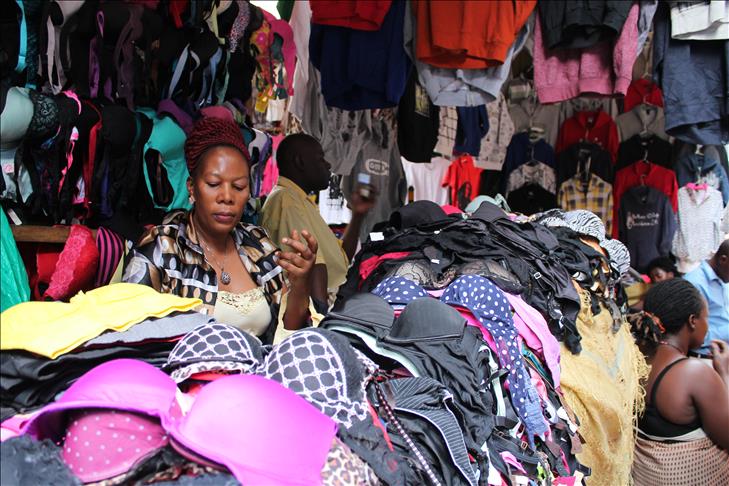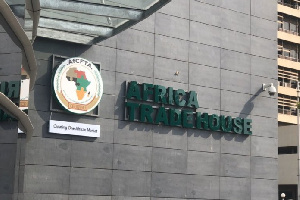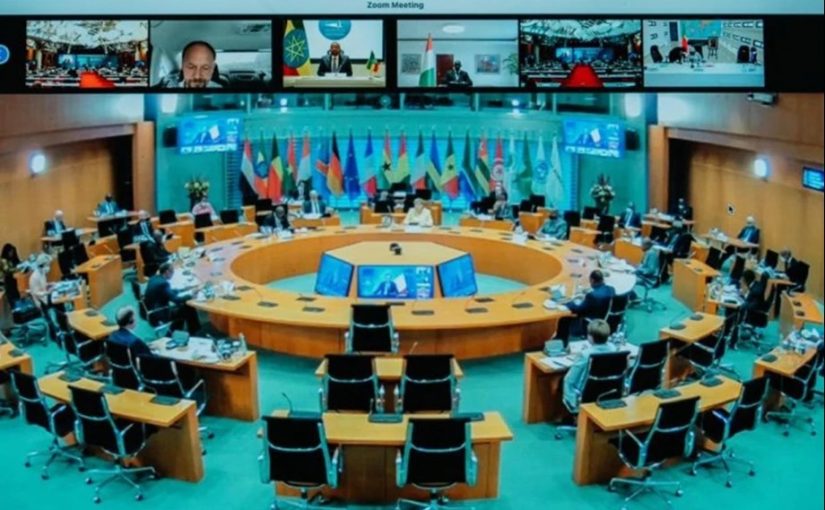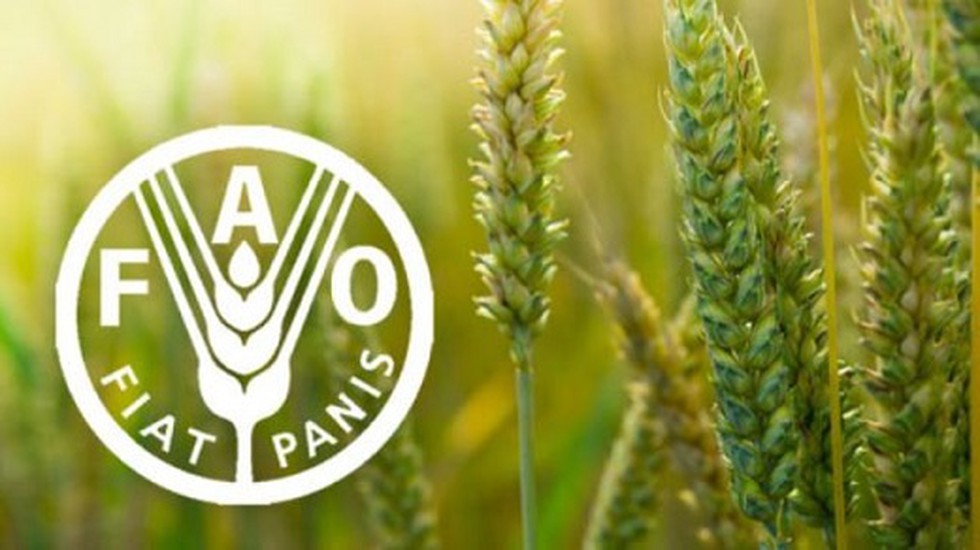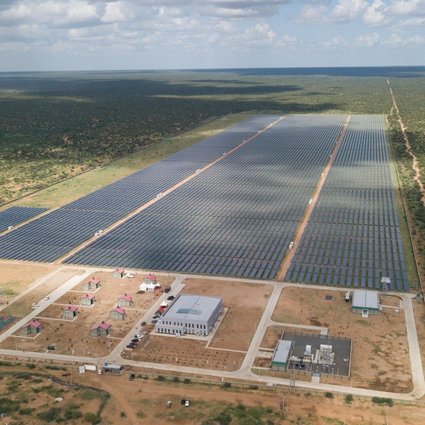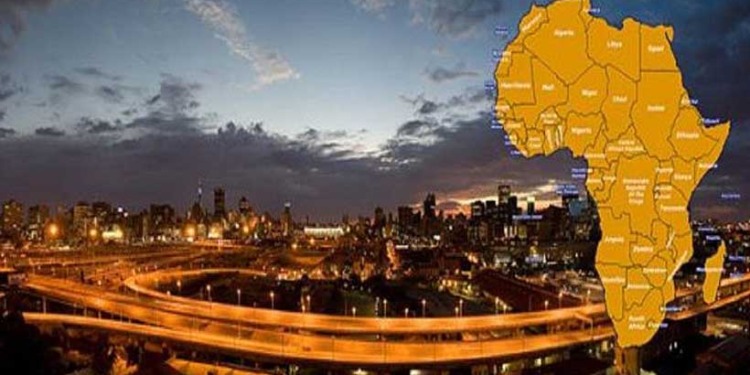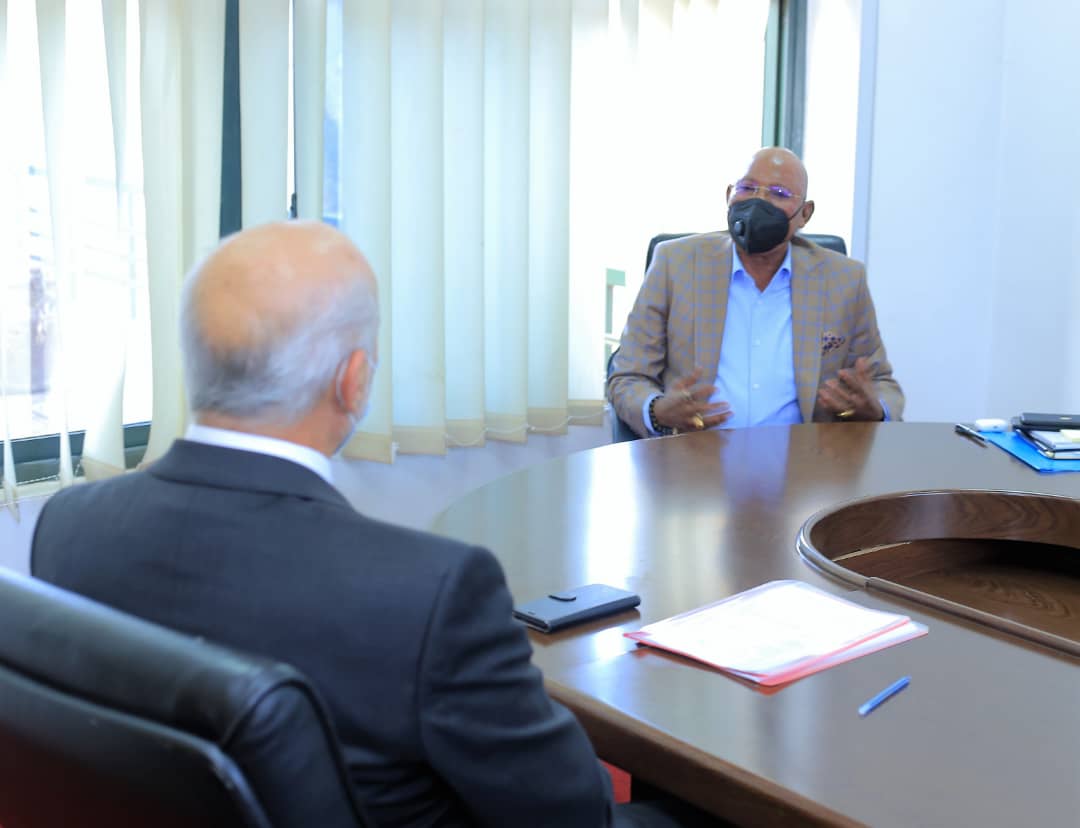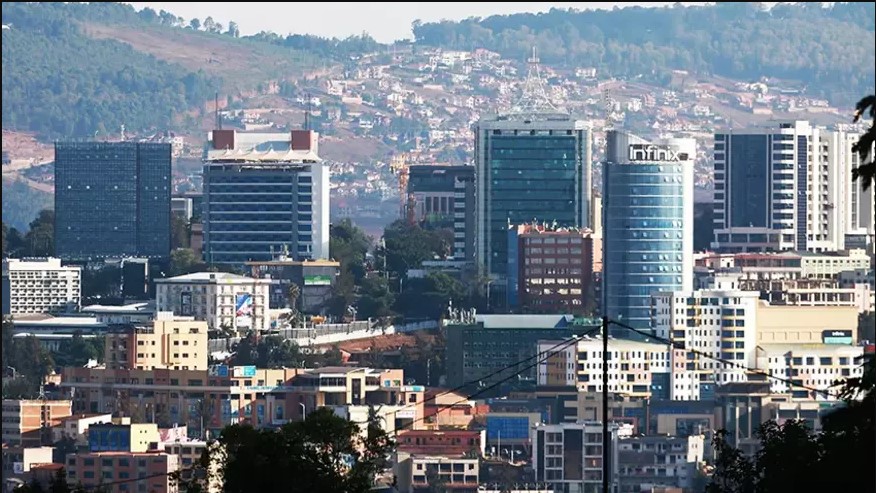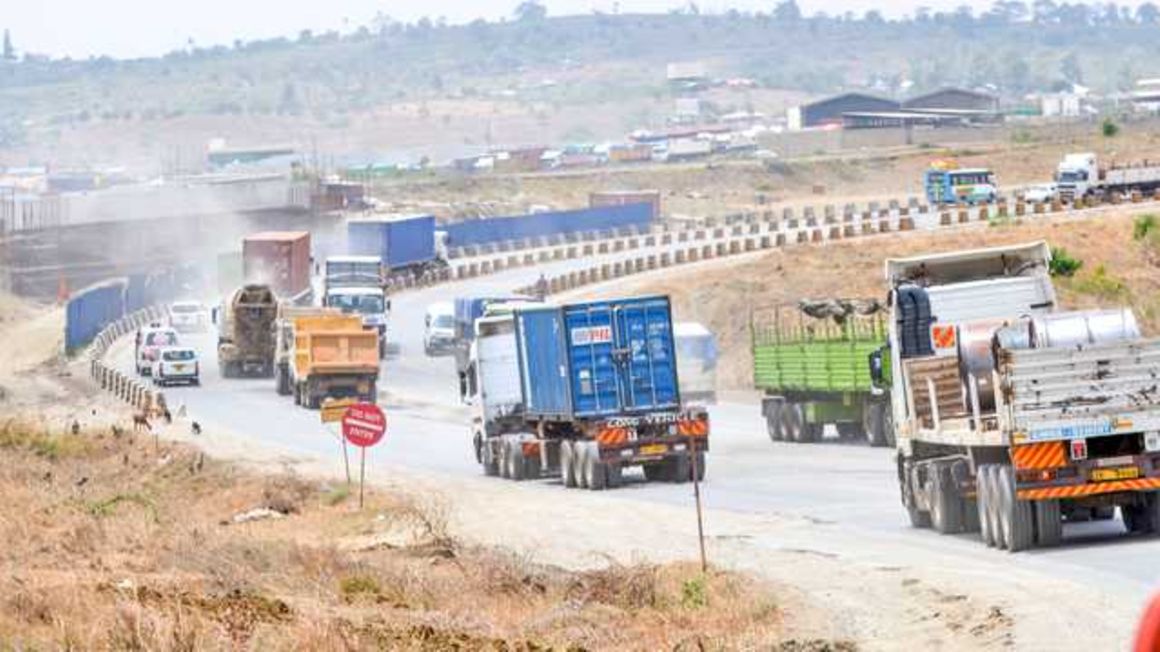Uganda Revenue Authority (URA) has come out to clarify that there has not been 2000% tax increase on textiles and garments as earlier stated by Kampala City Traders Association (KACITA). Ian M. Rumanyika, Ag. Assistant Commissioner Public and Corporate Affairs, says instead, government has waived the specific duty rate of US$3/3.5 per kilo for textiles and garments that are not manufactured in Uganda. “Through a ministerial directive ref TPD.81/167/04 dated 4th August 2021, textiles and garments which are not manufactured in Uganda and as such cannot be adequately sourced locally have been maintained at an import duty rate of 35%. These textiles account for 90% of the clearances by the textile and garments traders,” he says, adding: “However, the textiles and garments that can be sourced locally from Ugandan manufacturers which account for 10% of the imports by the traders shall be maintained at the rate of 35% or $3.0 per kilogram for textiles or 35% or USD 3.5 per kilogram for garments as approved by the council of Ministers under the East African Community Gazette Legal Notice No. EAC/118 /2021 dated 30th June 2021.” Rumanyika notes that 35% was the tax rate applicable on textile for the Financial Year 2020/2021 and therefore status quo has been maintained. On reports that 700 containers were stuck at URA, Rumanyika said: “We are in possession of 125 containers and so far, 9 have been cleared due to the new tax regime as pronounced by the Honorable Minister of Finance Planning and Economic...
Government waives US$ 3/3.5 per kg Tax for 90% of textile goods not made in Uganda
Posted on: August 30, 2021
Posted on: August 30, 2021

